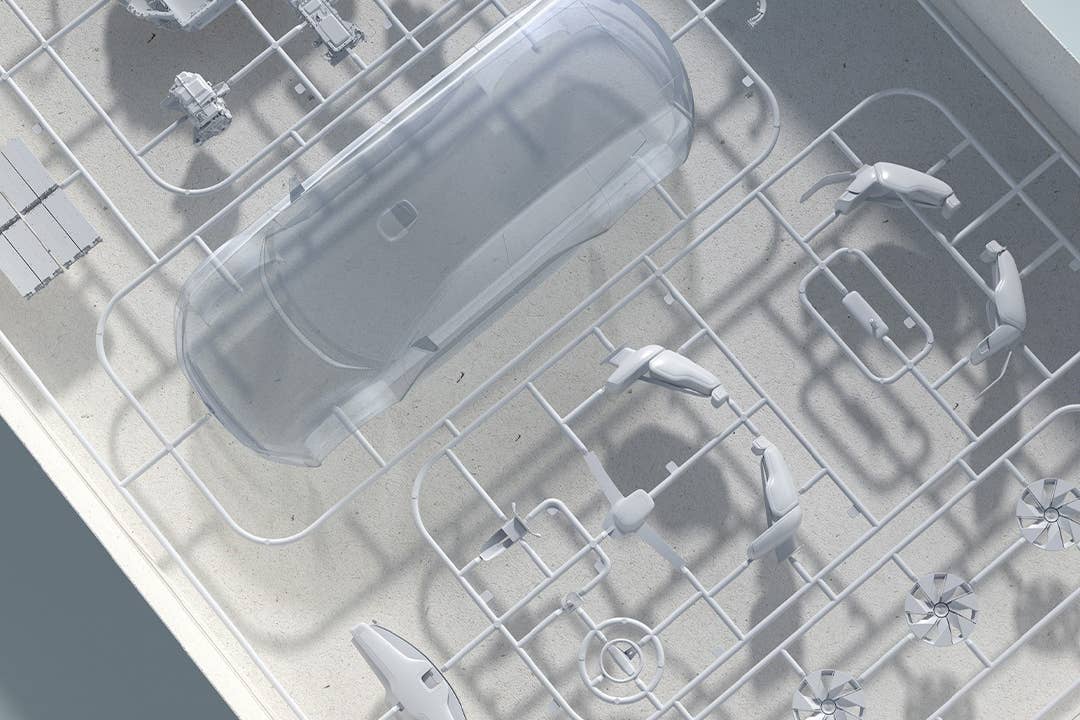Volvo has a longstanding commitment to becoming the world’s most secure automaker, tracing back to its breakthrough introduction of the three-point seat belt in 1963. Instead of relying solely on physical restraints like harnesses for driver safety, Volvo is now shifting its focus towards more intangible protection through advanced software.
In a recent announcement on Wednesday, the renowned car manufacturer revealed that upcoming models will incorporate a new array of sensors, designed to propel them closer to their ultimate goal of collision-free driving. At the core of this cutting-edge system lies LiDAR technology—developed in partnership with Luminar, a company in which Volvo invested back in 2018, and powered by Zenseact, Volvo’s autonomous driving offshoot. This comprehensive solution will first debut in Volvo’s forthcoming XC90 electric flagship SUV before being gradually introduced across the entire next-gen vehicle lineup.

via Volvo
Volvo anticipates that LiDAR integration will elevate the safety standards of their future vehicles to unprecedented levels. With LiDAR’s extensive scanning capability, in conjunction with an array of ultrasonic and vision-based sensors on board, Volvo’s modular hardware suite can detect objects with remarkable accuracy, even in challenging and curved scenarios.
